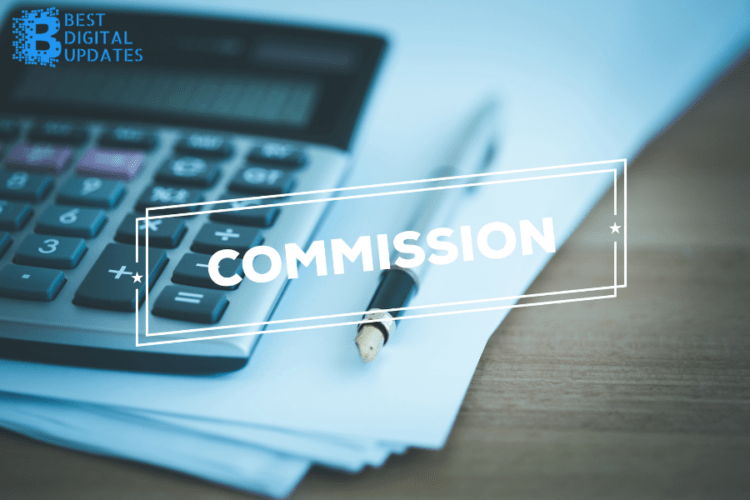Changes in the sales compensation plan may cause you to reconsider staying in your present state. On the one hand, you’ve been with this organization for a few years and are well-versed in its operations. You’re well-versed in the goods and services you’re offering. You enjoy working with your boss and the entire team.
But those particulars aren’t going to pay the bills. Although you’ve been a high performer for the past two years and have been promoted to Leader’s Club, the current sales commission plan will make meeting your targets more challenging.
Take into account the following factors when considering whether your sales compensation plan supports a career change.
The sales compensation scheme and management’s directives are at odds.
Table of Contents
A misalignment between how the commission’s plan instructs you to do and what administration instructs you to do can put you in a tough position. Do you put your paycheck over keeping your boss happy?
This could be because your sales manager is paid differently than you. As an example, let’s say you’re paid on cash receipts as a sales representative, while your boss is paid on bookings. She’d like you to book more work, but she’d also like you to follow up with your clients to make sure they’ve paid. You and your boss should be pursuing the same objectives, not conflicting ones.
Payment for commissions is painfully sluggish.
Some businesses only pay once every three months (or even less frequently). The commission should be paid monthly, as soon as practicable after the firm is closed. The longer you have to wait for a deal to pay off, the less satisfying it becomes.
With low-leverage plans, where your Target Incentive Amount (TIC) is about 15%, quarterly payments are more manageable.
It’s challenging to keep track of your progress toward your goal.
This occurrence can be explained in two ways. To begin with, no sales monitoring data is accessible. Some businesses still lack an up-to-date, widely available CRM. Second, and more typically, the amount of a sales credit isn’t established by what you, the sales representative, can control: the value of a closed deal.
The sales compensation software is either incomprehensible or illogical.
It’s difficult to know where to focus your efforts when your sales compensation software plan is complicated or rewards contradictory habits.
For example, if you’ve reached 105 percent of your quota, perhaps an accelerator kicks in. This element of the sales strategy urges you to generate as much business venture as possible. However, another provision states that any customer who upgrades after six months will receive a greater commission rate. Should you prioritize deal size now or leave room for eventual seat additions?
Conclusion
Trying to make these decisions with a poorly thought-out sales compensation plan consumes time and energy, which makes reaching the target even more difficult. So, if you are among those facing the above issues in your compensation plan, this is the right time to re-think your sales commission plan.
ElevateHQ is a fantastic piece of software that will help you keep track of your commission management strategy by providing flexibility, ease of use, accountability, and real-time exposure.




















